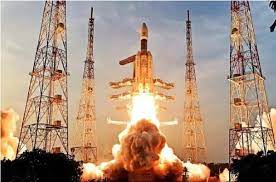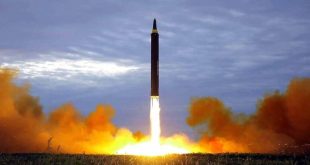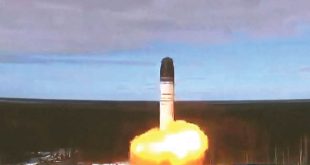ISRO: The Indian Space Research Organization (ISRO) on Tuesday successfully de-orbited a satellite after the end of its mission. Actually, Megha brought Trophix-1 out of its orbit and then it was burnt to pieces in the sky over the Pacific Ocean. ISRO tweeted after this incident saying, ‘The decommissioned Megha-Tropiques-1 (MT-1) was successfully extracted from its orbit on March 7, 2023.’
Megha-Tropiques-1 was launched into Low Earth Orbit (LEO) on October 12, 2011 as a joint mission developed by ISRO and the French Space Agency for tropical weather and climate studies. Although he was planned to be decommissioned in three years, but due to his accurate data, his service was extended and he continued to provide important data about the climate for a decade. ISRO crashed it after the mission, showing its commitment to the United Nations Inter-Agency Space Debris Coordination Committee.
According to the United Nations guidelines, after the end of the life of the satellite, it should be removed from the orbit through controlled re-entry or it has to be brought into the orbit where the orbital life of the satellite is less than 25 years. ISRO reported that Megha-Tropiques-1 still had about 125 kg of fuel onboard, which was sufficient to achieve a fully controlled re-entry into the atmosphere.
 Indian Thought Latest News & Views
Indian Thought Latest News & Views



